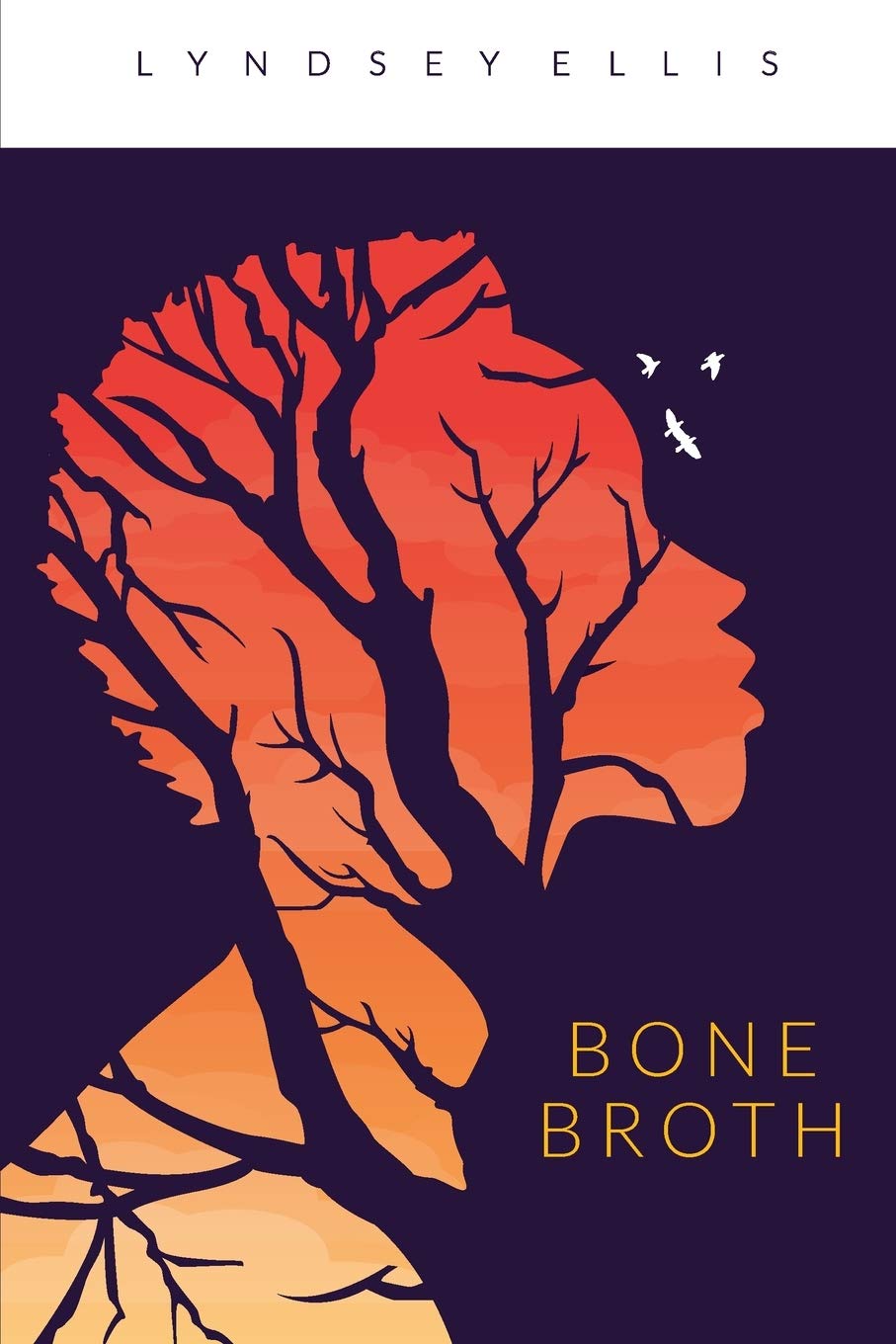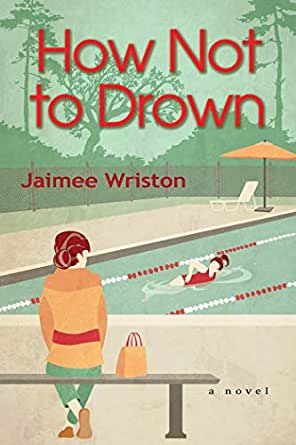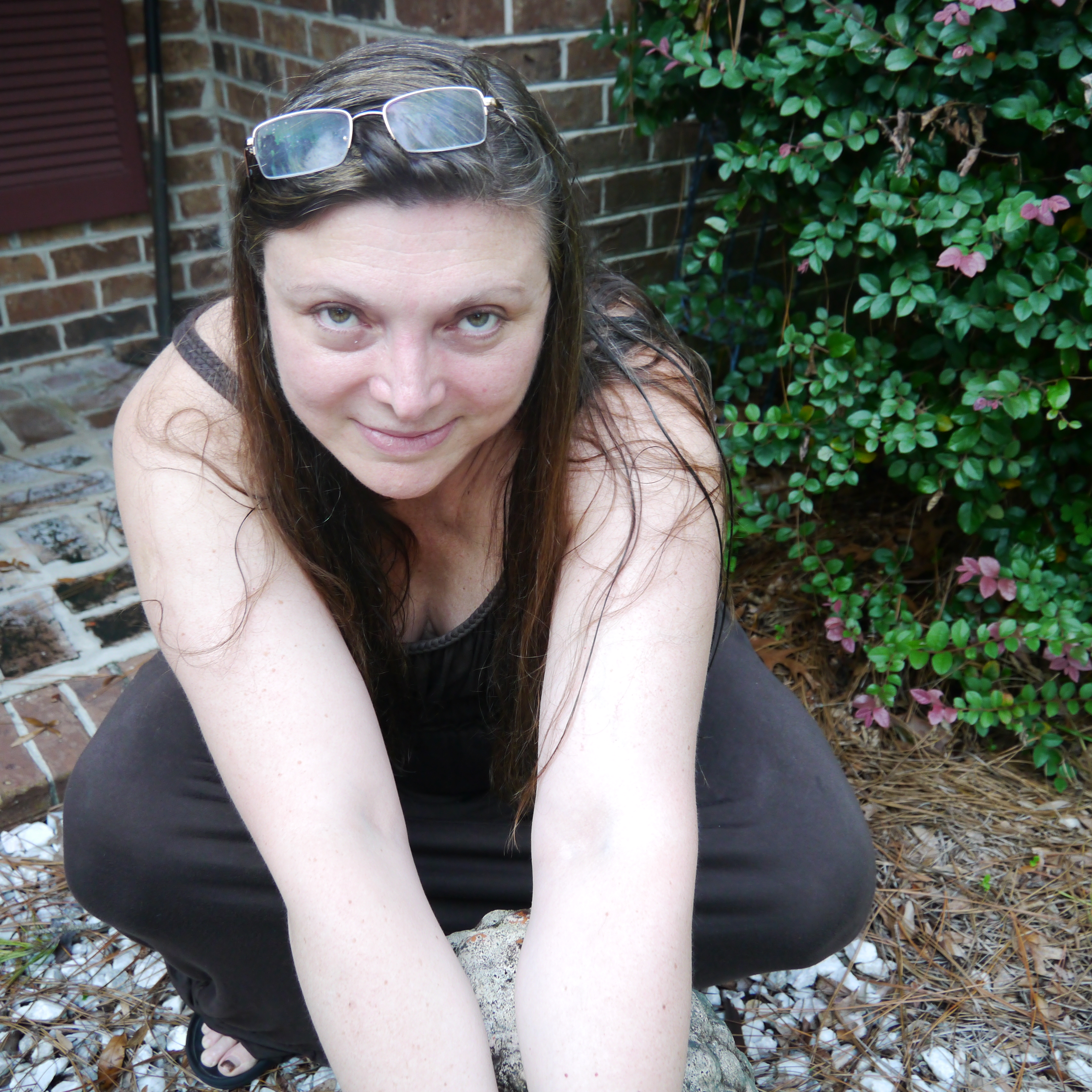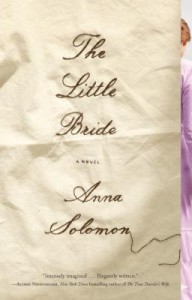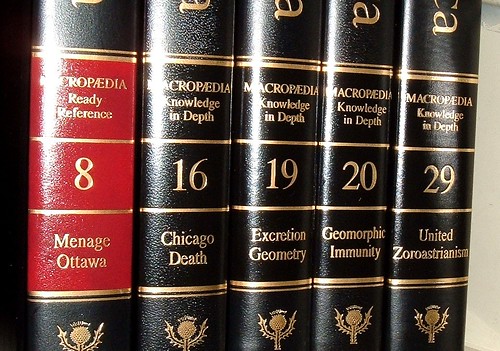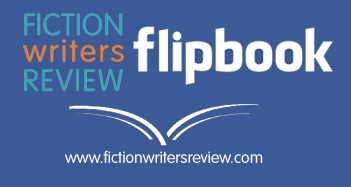When Creativity Doesn’t Feel Good: On Managing the Emotional Weight of Research
“I remember waiting for an epiphany. Like a miracle, it would re-juice my imagination and add another layer to this project that now literally had my blood etched into its make-up.” Lyndsey Ellis on the physical toll of fiction-writing research.

